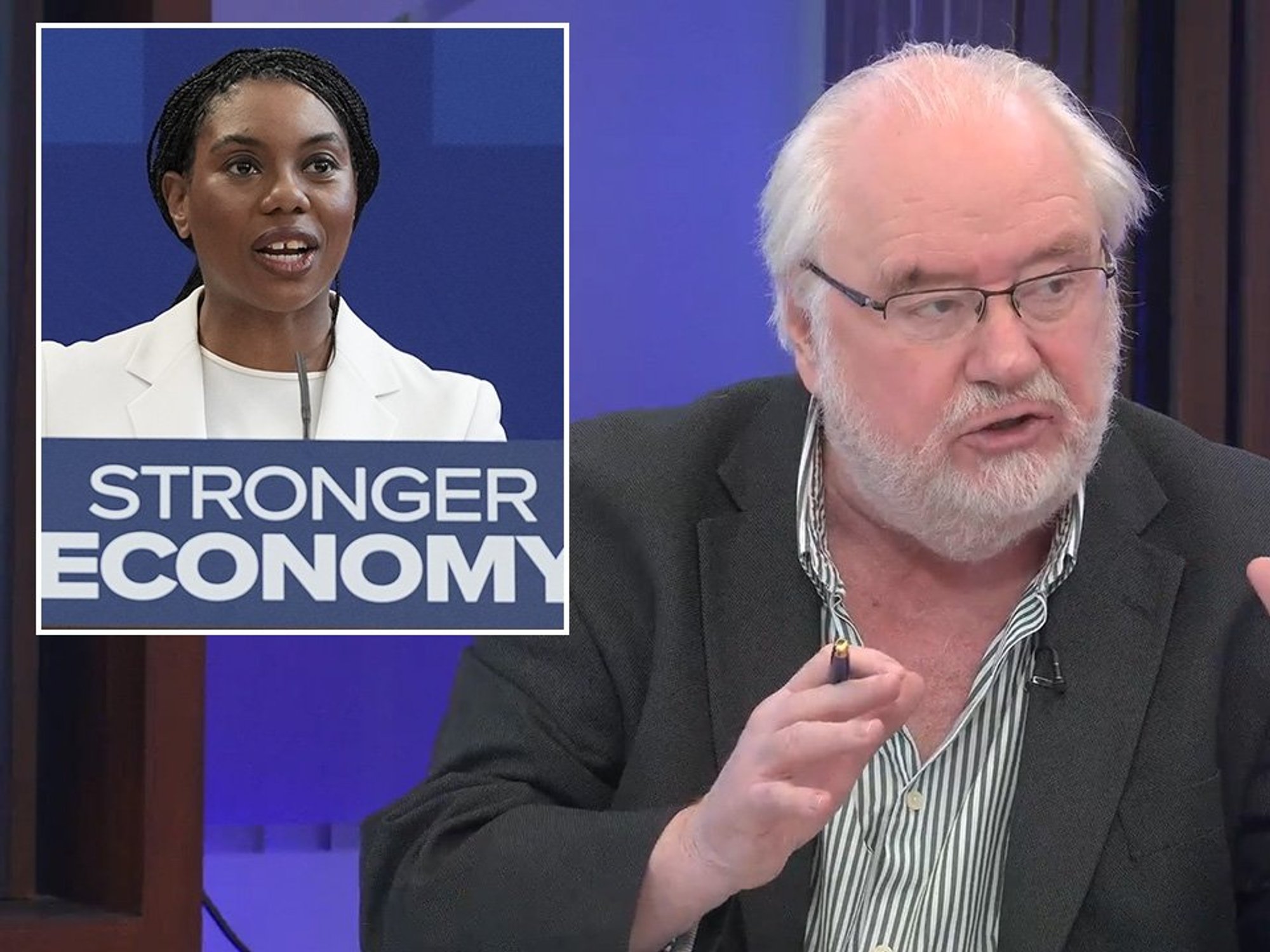Julian Assange to find out whether High Court will overturn extradition decision

Assange, 50, is wanted in the US on allegations of a conspiracy to obtain and disclose national defence information
Don't Miss
Most Read
Julian Assange will find out whether senior judges will overturn a decision not to extradite him to the US when the High Court gives its ruling on his case on Friday.
Assange, 50, is wanted in the US on allegations of a conspiracy to obtain and disclose national defence information following WikiLeaks’s publication of hundreds of thousands of leaked documents relating to the Afghanistan and Iraq wars.
US authorities brought a High Court challenge against a January ruling by then-district judge Vanessa Baraitser that Assange should not be sent to the US, in which she cited a real and “oppressive” risk of suicide.
The Lord Chief Justice Lord Burnett, sitting with Lord Justice Holroyde, heard arguments from lawyers representing the US and those acting for Assange at a hearing in October.
Supporters of Mr Assange, who observed the hearing via video-link from Belmarsh prison, demonstrated outside the Royal Courts of Justice throughout the hearing.
The court was told that blocking Assange’s removal to the US due to his mental health risks “rewarding fugitives for their flight”.
James Lewis QC, for the US, said the district judge based her decision on Assange’s “intellectual ability to circumvent suicide preventative measures”, which risked becoming a “trump card” for anyone who wanted to oppose their extradition regardless of any resources the other state might have.
He told the court the district judge “entirely based her decision” on the risk Assange would be submitted to special administrative measures (SAMs) and detained at the ADX Florence Supermax jail, if extradited.
However, he said four “binding” diplomatic assurances had been made, including that it would consent to him being transferred to Australia to serve any prison sentence he may be given, which “fundamentally change the factual basis” of her judgment.
Mr Lewis argued the assurances could not have been given in advance, saying they were a “reactive” and “responsible” step in response to the district judge’s findings.
He said they were a “solemn matter” and “are not dished out like smarties”.
The US authorities have also argued Assange is well enough to be extradited, with Mr Lewis telling the court his mental illness “does not even come close” to being severe enough to prevent being sent to the US.
But lawyers representing Assange, who opposed the US’s bid to overturn the block to his extradition, argued that the assurances over the WikiLeaks founder’s potential treatment were “meaningless” and “vague”.
Edward Fitzgerald QC, for Assange, said the “qualified and conditional assurances” were produced “too late to be properly tested” and “do not undermine the principal findings” of the district judge who applied the law “strictly and entirely properly”.
He said the district judge had produced a “carefully considered and fully reasoned judgment”, adding it was “clear” she had “scrupulously applied the test for oppression in cases of mental disorder”.
He told the court: “It is perfectly reasonable to find it oppressive to extradite a mentally disordered person because his extradition is likely to result in his death”, adding that a court must be able to use its power to “protect people from extradition to a foreign state where we have no control over what will be done to them”.
He added the district judge’s conclusion was “justified” because Assange “would be driven by his disorder to find a way to commit suicide whatever preventative steps were taken”.
Mr Fitzgerald dismissed the assurances as “caveated, vague, or simply ineffective”, adding that “none offer any concession or assurance against the application of existing US practice”.
He added that assurances not to impose special administrative measures (SAMs) on Assange or hold him at the ADX Florence Supermax jail pre-trial or post-conviction do not remove the risk of “conditions of administrative isolation”.
The court also heard that Assange had faced a “menacing, threatening and frightening” situation while under surveillance when he lived at the Ecuadorian embassy in London.
Mr Fitzgerald argued in written submissions that claims of “extreme measures of surveillance”, alongside subsequent “recent disclosures about CIA plans from the same period in time to seriously harm Julian Assange”, justified earlier concerns for the safety and privacy of his partner Stella Moris.
Assange has been held in Belmarsh Prison since 2019 after he was carried out of the Ecuadorian embassy by police before being arrested for breaching his bail conditions.
He had entered the building in 2012 to avoid extradition to Sweden to face sex offence allegations, which he has always denied and were eventually dropped.
Lord Burnett and Lord Justice Holroyde will give their decision from 10.15am on Friday.
Ms Moris is expected to make a statement outside the Royal Courts of Justice in London after the ruling.











